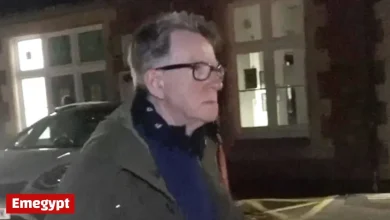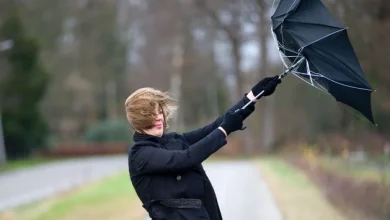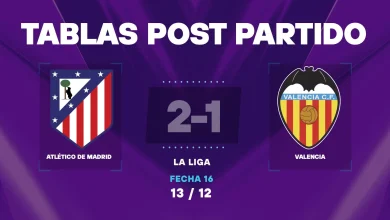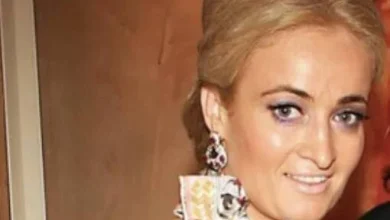Search for the Truth review: Might Caroline Flack have preferred be allowed rest in peace?
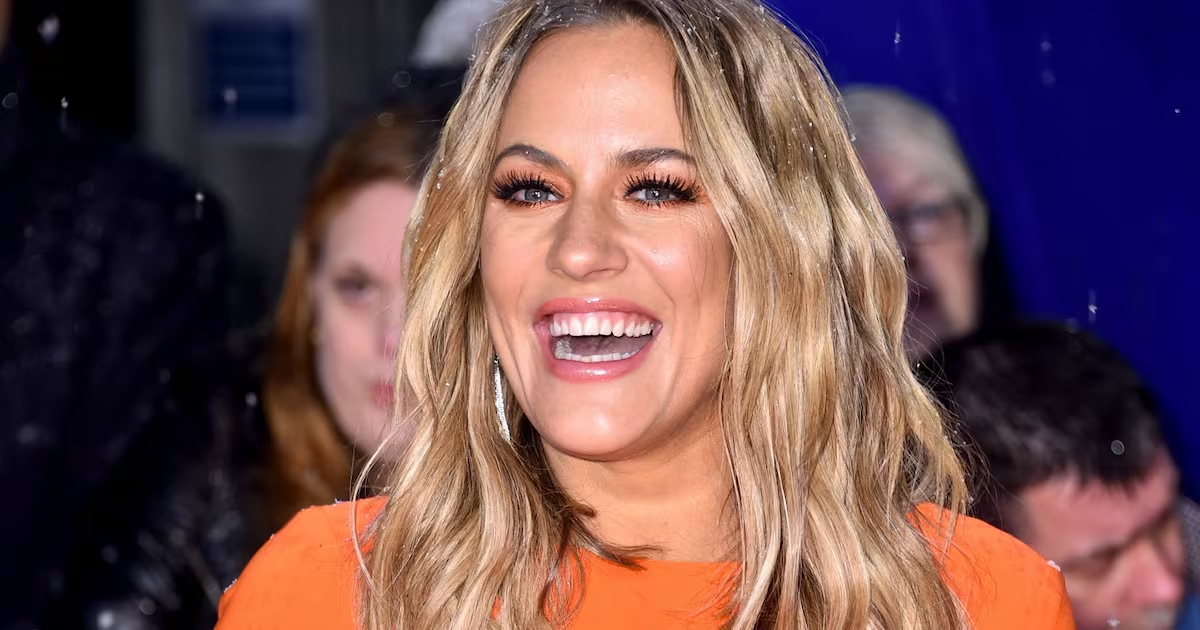
The death of Caroline Flack in February 2020 was an unspeakable tragedy, and any functioning human will feel for her family, and in particular her mother Christine. But viewers may also have mixed feelings about Caroline Flack: Search for the Truth, a two-part Disney documentary about the Love Island presenter’s suicide. It decries the tabloid hysteria over the presenter’s arrest for assaulting her boyfriend Lewis Burton in December 2019 while arguably further stoking the public’s obsession with a successful woman dragged down in part by her own actions – but also by the vitriol of strangers who took to social media to tear her to shreds.
The film is made with her family’s approval. It is, in fact, framed as a personal journey by Christine, who feels that the police and the British state prosecutor singled out her daughter because of her fame. However, it was obviously not made with the permission of Flack, whose personal voice messages and texts are splashed across the screen in both episodes.
Would she have wanted her case to be revisited five years after her death, or might she have preferred to be allowed rest in peace? Nobody can say. Her family will, of course, have the best perspective on how Flack would like to be remembered, and yet the question that looms throughout Search for the Truth is whether someone ripped apart by the tabloids would wish to have their most private thoughts shared with the world via the Walt Disney corporation?
[ Caroline Flack’s mother on the death of her daughter: ‘I always say no one can do anything worse to me now’Opens in new window ]
Flack had been charged with assaulting her boyfriend while he slept – striking him over the head with his phone after finding text messages from another woman. She then harmed herself, and most of the blood on the bedsheets when the police arrived was hers. Some of it, however, belonged to Burton, and you wonder if the film might not have taken a beat to acknowledge the seriousness of domestic assault. He later pleaded with the authorities to drop all charges against Flack – but, as anyone with experience of domestic abuse will tell you, it is not particularly unusual for a victim to recant and to side with their abuser.
Burton did not require hospitalisation and the prosecutor decided that the best course was to leave Flack off with a caution. However, the Metropolitan Police felt otherwise, and Christine argues that they were far too dogged – that her daughter was targeted because of her celebrity. This was at a time when the Met was accused of not taking domestic violence seriously. Pressing charges against Flack was, her family believes, an easy win for a force seeking a PR boost.
If a tempting target for the police, then Flack was red meat for the tabloids, who gloried in her public undoing and had had their sights on her since she dated Britain’s Prince Harry and Harry Styles. “The tabloids were obsessed,” says journalist Paul Martin, who recalls being introduced to Flack by Louis Walsh. “If you were writing stories about her, you would be making good money.”
It wasn’t just the tabloids, though. In the weeks after her arrest, the public turned on Flack with glee. The attentions of professional muckrakers were nothing compared to the random cruelty of strangers. The internet mob delighted in tearing her to pieces. Her texts and voice messages make it obvious that social media vitriol hurt her every bit as much as what was smeared all over the tabloids.
Caroline Flack: Search for the Truth is difficult viewing, and your heart will break over and over for her family. Whether Disney should have commissioned it in the first place is a more complex question. But commission it they have, and it is up to individual viewers to ask themselves whether they are watching because they care about the toxicity of the tabloids and dysfunction in the British police, or because of the vicarious thrill of revisiting a famous woman’s decline and fall.
Samaritans can be contacted on freephone 116 123, or email jo@samaritans.org or jo@samaritans.ie

